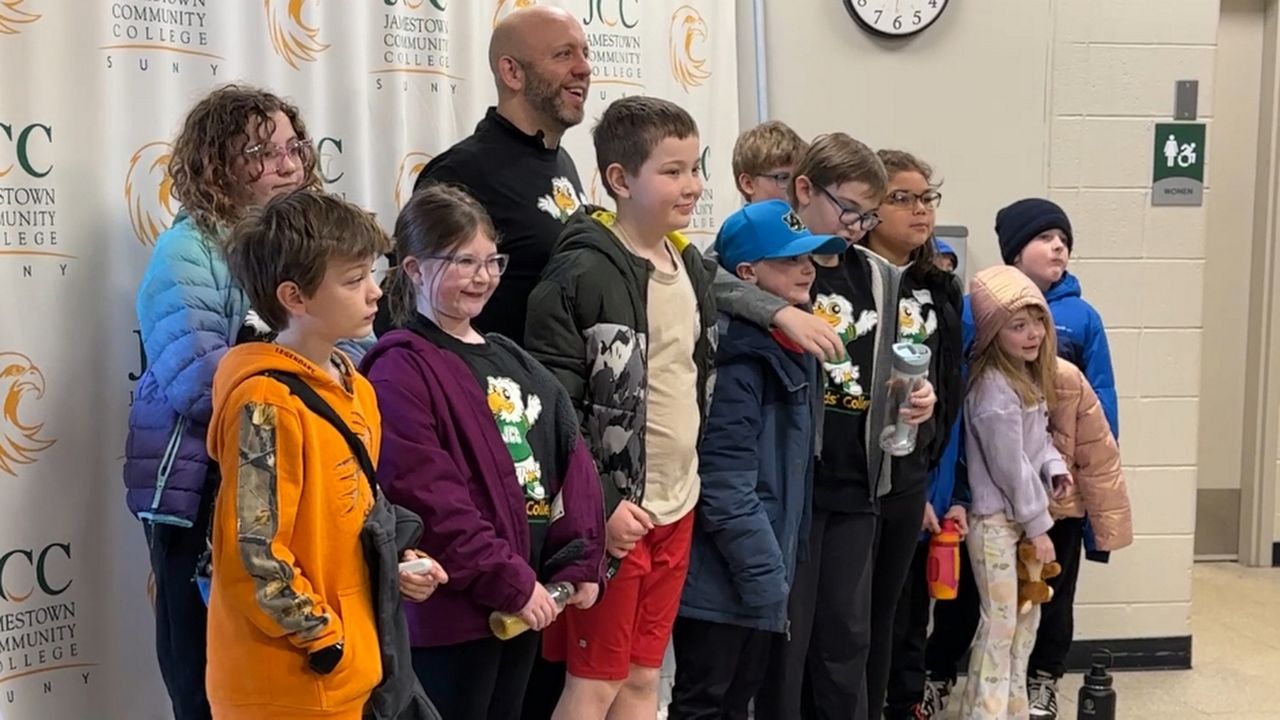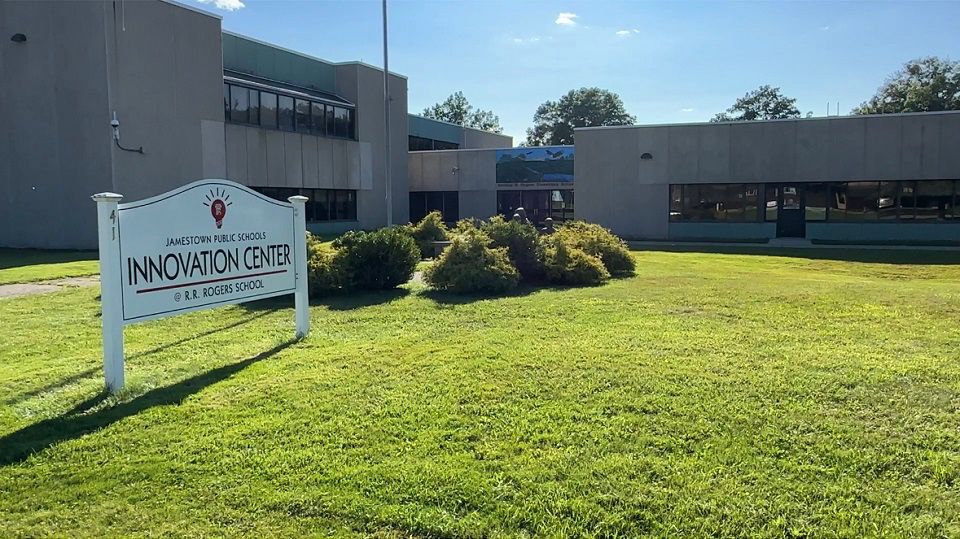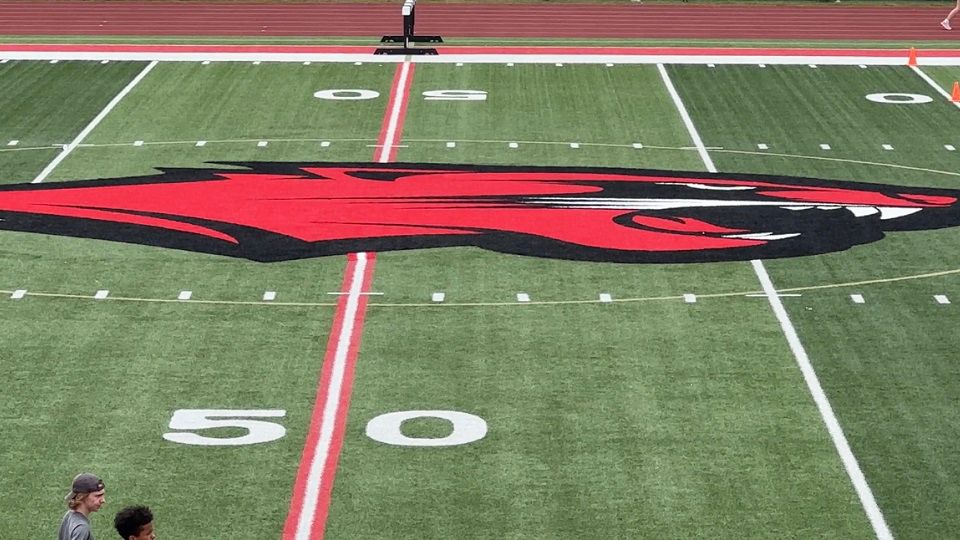Jillian Rea is a freshman at St. Bonaventure University studying marketing with a minor in Native American and Indigenous studies.
She's also from Salamanca and a member of the Seneca Nation of Indians.
"It's a big part of my identity,” Rea said. “I'm Native American, you know, living on the res, is something that has impacted me greatly. It's my roots.”
Rea is taking her first indigenous studies class at Bonaventure, which sits on the historic homeland of the Seneca's, about 20 miles from the Allegany Territory.
"And not a lot of people around here are educated about the Native Americans and Indigenous communities,” she said. “And I think it's really important for them to know.”
The federal government agrees and awarded the university a $147,000 National Endowment for the Humanities grant to bolster its relationship with the Seneca Nation.
"It was a great achievement,” said Oleg Bychvok, professor of theologian Franciscan studies at St. Bonaventure University. “It's really a national acknowledgment of our work in this area.”
Leaders say it'll allow both sides to collaborate on similar interests like the environment, as well as benefit students, who'll now be required to learn more about their Indigenous neighbors.
"Every incoming student will have to take this general education class,” Oleg said. “Take this kind of section of the class that will be devoted to the Seneca culture.”
Justin Schapp, also a member of the Seneca Nation, teaches Indigenous studies classes, which have been around for decades, but only available as a minor for about three years.
He says the grant will help develop a more robust program.
"Allowed us to energize St. Bonaventure's relationship with the Seneca Nation particularity, because we could not do that without them," said Schapp.
It will also allow for more campus presentations, guest speakers and unique dance performances.”
"Issues on spirituality, land. Being able to enrich their lives and give them a unique and amazing perspective from different valuable Indigenous peoples,” Schapp said. “And what that means when they encounter other people in the workplace, or just out there in general.”
Like Rea, who says the grant will benefit both sides, and encourages students to embrace the classes.
"It increases their knowledge about all different kinds of cultures, cultural identities,” she said. “It's great for the Seneca Nation too, to preserve the culture, keep the culture alive.”
The grant will be implemented over the next three years.
In addition to university leaders, members of the Seneca Nation administration are also being credited for their participation and input in the grant process.









